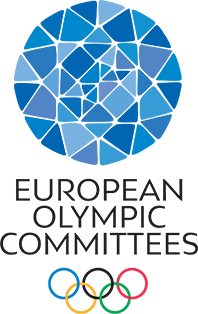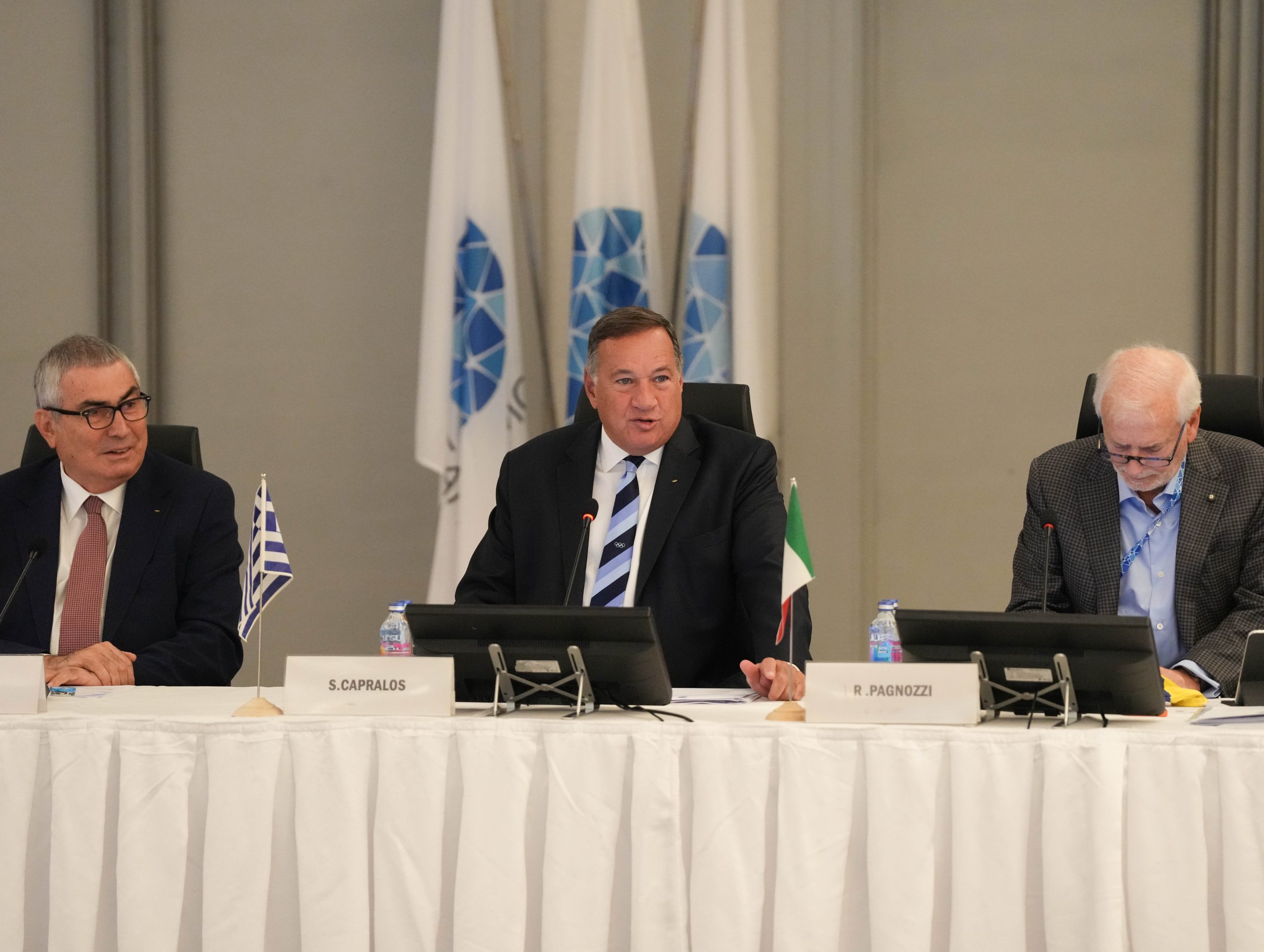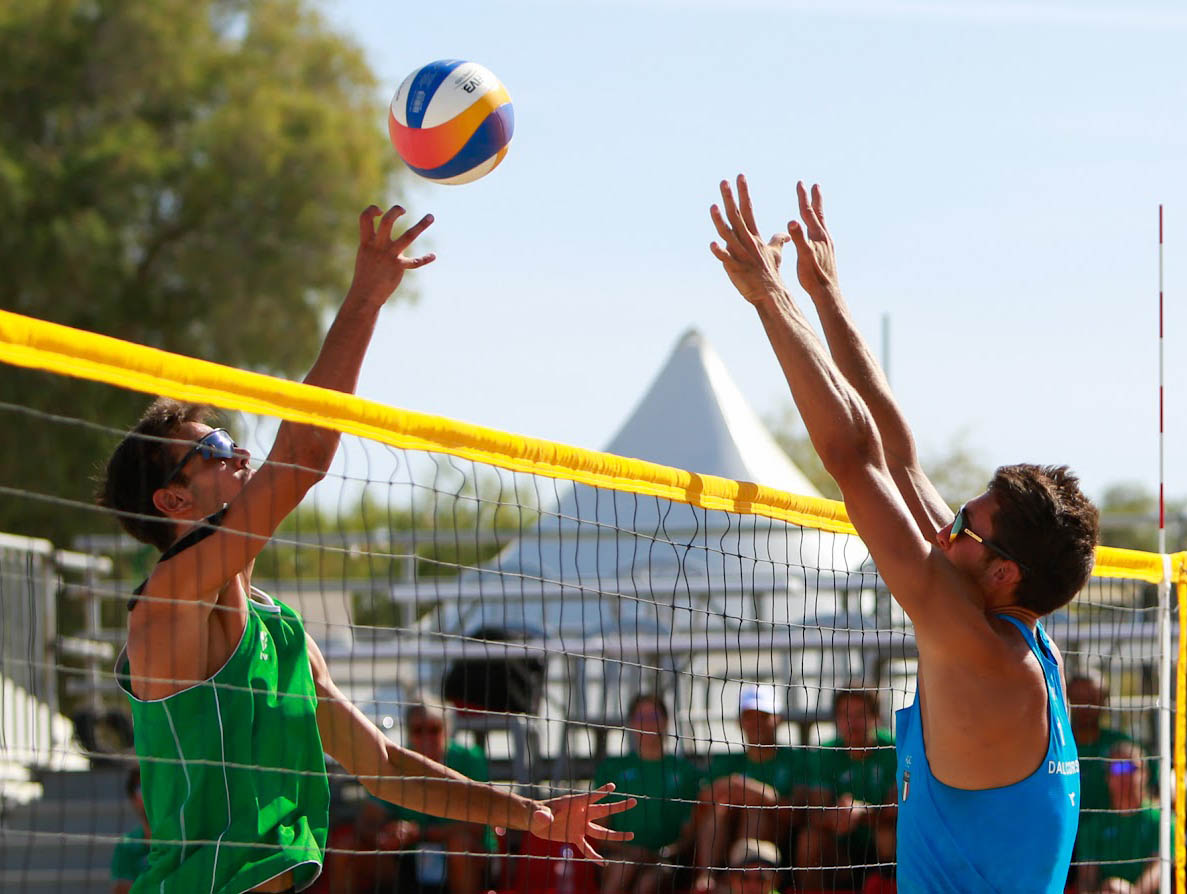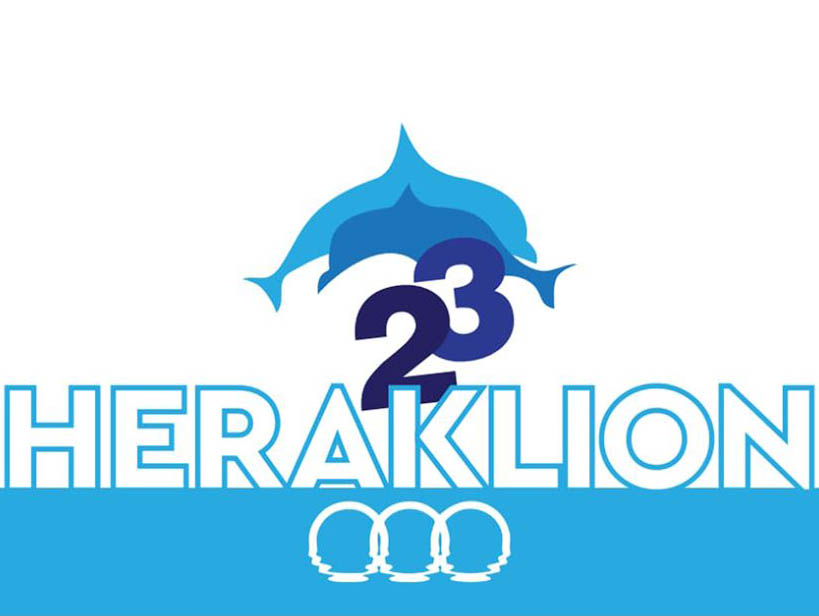1. Commission Shows Itself Concerned about Abuse of Doping in Amateur Sport
A study carried out under the overall control of the Interior Ministry of Lower Saxony in Belgium, Germany, Italy and Portugal, and supported by the European Commission within the framework of anti-doping measures, has brought worrisome results to light. (We reported about the anti-doping projects in the Nov/Dec 2001 issue.) Here 6% of visitors to fitness studios reported that they regularly take medicines with a performance-enhancing effect. From a study by the French government that came out in April 2001 it can be gathered that 3-5% of children and young people in amateur sports are doped.
Viviane Reding, the Commissioner responsible for sport, announced that by the end of the year she will submit an action plan for the fight against doping in leisure-time sports.
In the drawing up of this plan, which is mean to include national authorities and sport clubs equally, the following problems areas could play a role:
· The black market for doping agencies: In Germany alone 100 million ? are spent on doping agents yearly.
· The declaration of food supplements, whose content is not always indicated on the packaging: any doping substances contained are not recognised by the consumer.
· The various legal situations within the EU: these substances, which are dangerous to health, are not prohibited in all the Member States.
· The sale of doping agents over the Internet: In Germany 15 different Internet pages have been made up, on which more than 250 different products are offered.
The complete study can be downloaded as a pdf-file (German only):
http://europa.eu.int/comm/sport/key_files/doping/2000-c116-24.pdf
2. Agreement in the Sport Ministers Conference in Almería
Extensive consensus prevailed on the themes discussed at the last sport ministers conference under the Spanish Council Presidency on 16-17 May 2002 in Almería.
There the ministers responsible for sport reached agreement on the European share of financing of the World Anti-Doping Agency (WADA), which has been in dispute up until now.
German Interior Minister Otto Schily, who was still expressing himself against national financing in March (we reported on this), emphasised the significance of WADA in the fight against doping. Delays in the improvement and the further work of the Agency could not be accepted, he said. Germany would therefore make its contribution for 2002 like the other Member States in accordance with the pattern established by the culture convention of the Council of Europe.
By 28 June a “Liaison Committee” is meant to work out definitive proposals for solutions to the financing. For the representation of the EU in the foundation council the ministers agreed on a troika solution, as a result of which the previous, the current and succeeding Council Presidency would represent the interests of the Member States. A fourth place on the foundation council is planned for the Council of Europe. If the five seats that are sought are achieved, the Council of Europe will dispatch two representatives.
There was also agreement in respect of the advancing of taking up sport in the treaties of the EU. In this the sport ministers see the logical consequence of the Declaration of Nice. Schily demanded that in taking up sport in the treaty the community and social function as well as the federal responsibilities for sport in the Member States be taken into consideration.
3. Own Website for 2003: European Year of People with Disabilities
While the advertising and information campaign of the EU for the European Year of People with Disabilities 2003 will only start at the beginning of the year itself, a web site for the support of the campaign has already been established now. Both organisations and individual people can register on the web site and in this way subscribe to a newsletter or enter themselves in the database for the purposes of an exchange of information with other participants in the initiative.
The page can be found in German, English and French at the following URL: http://www.eypd2003.org/
4. EU and UEFA Start the Run-Up to the Football World Cup Campaign against Youth Smoking
The EU Commissioner for Health and Consumer Protection, David Byrne, and the President of UEFA, Lennart Johannson, signed a cooperation agreement for an anti-smoking campaign on 17 May 2002 during the preparatory match between Denmark and Cameroon. Under the slogan “Feel free to say no” numerous European national players will declare themselves as non-smokers in TV spots. Through the campaign 12 to 18-year-old youth are meant to be addressed and motivated likewise to say “no” to smoking. This age group includes the most potential new entrants for tobacco consumption. According to studies by the World Health Organization (WHO) the number of young smokers is rising in all EU Member States.
The official start of the campaign was 31 May 2002, the beginning of the Football World Cup and World No Smoking Day.
WHO honoured FIFA on 28 May 2002 in Seoul with the “Director General’s Award”, a health prize. In this way the decision of FIFA in favour of a “smoke-free” Football World Cup was acknowledged. During the World Cup there will be no tobacco advertising, nor will tobacco products be sold. Smoking is allowed only in established smoking areas.
5. Council Resolves on the Establishment of National Football Information Offices
For the improvement of cross-border police cooperation in international football matches the European Council decided on the establishment of national football information offices. (We reported earlier on the project in the Monthly Report of October 2002.)
In this way the exchange of police information, especially in relation to personal data on high-risk fans, is meant to be improved through these offices.
If need be risk analyses of the clubs and national teams can be requested from other football information offices.
The Member States will communicate the establishment or appointment of its football information offices to the General Secretariat of the Council, which will then publish this in the Official Journal of the European Communities.
The decision of the Council on the Internet:
http://europa.eu.int/eur-lex/en/dat/2002/l_121/l_12120020508en00010003.pdf

















